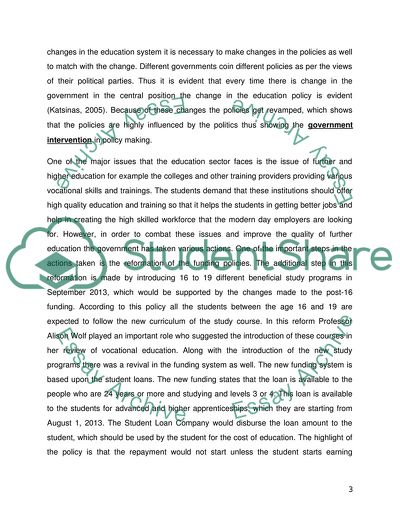Cite this document
(“Ideology and public policy Essay Example | Topics and Well Written Essays - 3000 words”, n.d.)
Retrieved from https://studentshare.org/sociology/1626915-ideology-and-public-policy
Retrieved from https://studentshare.org/sociology/1626915-ideology-and-public-policy
(Ideology and Public Policy Essay Example | Topics and Well Written Essays - 3000 Words)
https://studentshare.org/sociology/1626915-ideology-and-public-policy.
https://studentshare.org/sociology/1626915-ideology-and-public-policy.
“Ideology and Public Policy Essay Example | Topics and Well Written Essays - 3000 Words”, n.d. https://studentshare.org/sociology/1626915-ideology-and-public-policy.


